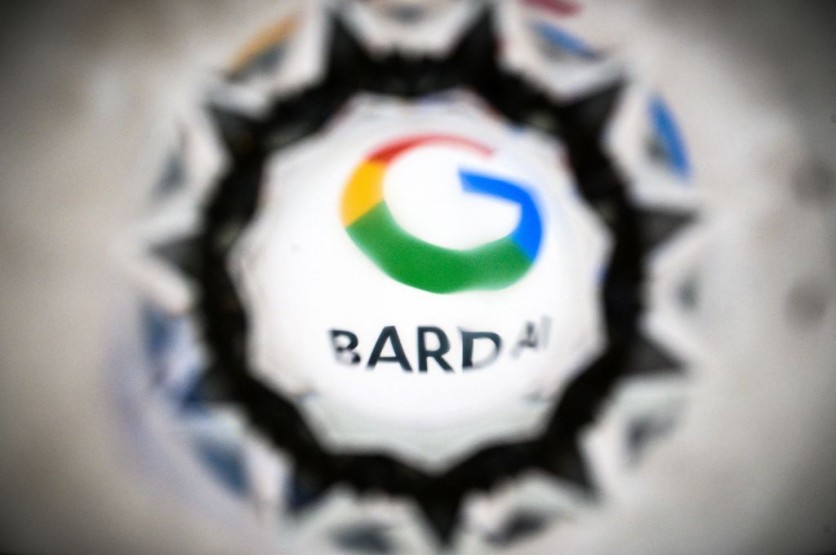Amidst concerns surrounding the health of Alphabet's core search business and the potential impact of AI chatbots on website traffic, Google's recent second-quarter earnings report may have proven the tech giant's resilience and success, reported first by CNBC.
With revenue rising 7% to $74.6 billion compared to the year-earlier period, Google outperformed analysts' expectations, driving its stock price up approximately 6% during extended trading.

Online Ad Market
The online advertising market has been challenging, facing economic uncertainties and cost-cutting measures by corporations. Despite these hurdles, Google's ad revenue showed improvement, increasing by 3.3% from the previous year's first quarter.
In an investor call following the results, Michael Nathanson, an analyst at Moffett Nathanson, highlighted the weaknesses observed in linear TV, ad agencies, and smaller digital companies, making Google's accelerated growth this quarter even more noteworthy.
A key aspect of Google's business, search revenue, exhibited steady growth, providing reassurance to investors. Some concerns had arisen that traditional search users might migrate to generative AI chatbots, such as those developed by OpenAI and Microsoft, the primary investor in the startup.
Earlier this year, Microsoft's Bing search engine integrated OpenAI's ChatGPT, but Google's search business continued to flourish. Sundar Pichai, the CEO of Google, highlighted Bard, the company's in-house chatbot, as a major focus of investment in recent months.
During the investor call, Pichai and other executives underscored the company's dedication to AI, emphasizing its integration into various aspects of their operations.
While the release date for Google's AI-powered search feature, Search Generative Experience (SGE), has not been announced, the company confirmed its capability to synthesize search results from intricate queries.
Pichai described AI as a transformative force, opening up new possibilities for search functionality, transcending traditional boundaries, and fostering innovative approaches. He conveyed excitement about the company's advancements in this field, exceeding their initial expectations.
Read Also : Google's Bard AI Chatbot Can Now Talk in Over 40 Languages and Respond to Visual Prompts After Latest Update
Strength in Cloud Infrastructure
Google demonstrates strength in cloud infrastructure, unaffected by the fluctuations in the ad market, as it competes with Amazon Web Services and Microsoft Azure. Many AI companies are now turning to Google's cloud technology to execute compute-heavy projects that are limited to only a few platforms.
During Q1, Google's cloud business achieved profitability, and in Q2, its revenue surged by an impressive 28%, reaching $8 billion, which exceeded analysts' expectations.
Pichai highlighted the significant interest from customers in AI, resulting in heightened engagement and extensive discussions with the company. Additionally, he unveiled Google's plans to leverage new AI models for automating specific aspects of customer service.
As Google continues to demonstrate its prowess in AI and cloud technologies, its Q2 earnings report sends a positive signal to investors, assuring them of the company's diverse and innovative strategies for growth and success in an ever-evolving digital landscape.
Related Article : Google Quantum Computer Is '47 Years' Ahead of the World's Top 1 Supercomputer: Here's What You Need to Know

ⓒ 2026 TECHTIMES.com All rights reserved. Do not reproduce without permission.




